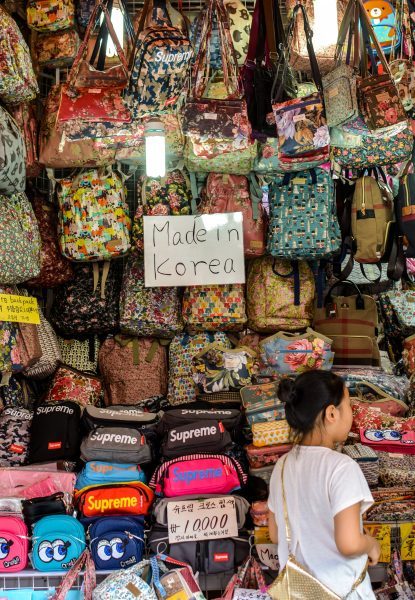Christmas Counterfeiting
As a result of Christmas Counterfeiting, a business’s goodwill and its good cheer can go down the drain this holiday season. This Christmas, counterfeiting is an issue because many of us are purchasing holiday presents online without ever seeing the products or the sellers. Over 80% of all consumer products were purchased online in 2020. This year, Cyber Monday saw a growth of 15.1% sales from last year, over $10.8 billion. Recently, Federal law enforcement officials seized millions of dollars’ worth of fake clothes, jewelry and electronic items destined for holiday gifts. Because there are increased opportunities for selling fake, imitation or counterfeit products it is important that company’s know how to protect their brand from counterfeiting.

Counterfeit Products
Counterfeit products come into the United States from all over the world on a daily basis. Under trademark law, the term counterfeit includes products with a brand identifier which is identical to or substantially the same as a registered brand. Most trademark counterfeit cases involve a knockoff product that is made to imitate the genuine product. Counterfeiters make their products look genuine. That way they think they bought a genuine product.
In the past, you had to go out of your way to buy a fake Rolex or Gucci. Today, purchasers don’t have to go down a dark alley, late at night to buy counterfeits. Counterfeit products are easily sold through large online retail websites like Amazon and eBay.
Consumers are willing to spend more on products they believe are legitimate because they typically believe they are higher quality. Counterfeit products are typically cheaper to produce. They are also of lower quality and are more profitable. Unwitting purchasers of counterfeit product are often disappointed with the quality of the counterfeit products. In some cases, buyers never know they bought a counterfeit product. Sales of counterfeit products erode the value of a brand and can hurt a company’s goodwill.
Protecting Your Brand from Counterfeit Products
Counterfeit products can damage a buyer and seller. Here are three tips to help protect a brand from counterfeiting.
1. Educate your customers. Education can help others identify a legitimate product vs. counterfeits. Often, these differences are easy to detect. Bright colors, versus duller colors. Typos or spelling errors are often a telltale sign that the product is not a legitimate product. Quality packaging, labels or tags can sometimes be a giveaway. The way the products are assembled or put together can also indicate one is counterfeit. For example, some materials or patterns don’t line-up across the seams.
2. Provide a verification process. Put a phone number or website address on your product. A phone number or email address can help customers contact you with a concern. Provide a way for customers to contact you about counterfeiting. Your customers are sometimes the first to find out that they have been duped. Another option is to include a serial number or a distinctive pattern on the product or packaging for authentication.
3. Protect your brand. Protection of your brand is an easy way to prevent counterfeiting. Federal registration of your trademark, can help protect your brand from counterfeiting. A federal trademark registration can provide assistance in preventing or stopping counterfeiting. Registering your brand with the U.S. Trademark Office can provide a mechanism for the U.S. Customs and Border Patrol to seize or prevent shipments of counterfeit goods. In addition, federal trademark and copyright registrations can facilitate assistance from various law enforcement agencies or even judicial intervention, if merited.
Year round intellectual property protection can help your business maintain and grow its brand. Schedule a consultation with one of our intellectual property attorneys. We can help with counterfeiting or other intellectual property matters.
